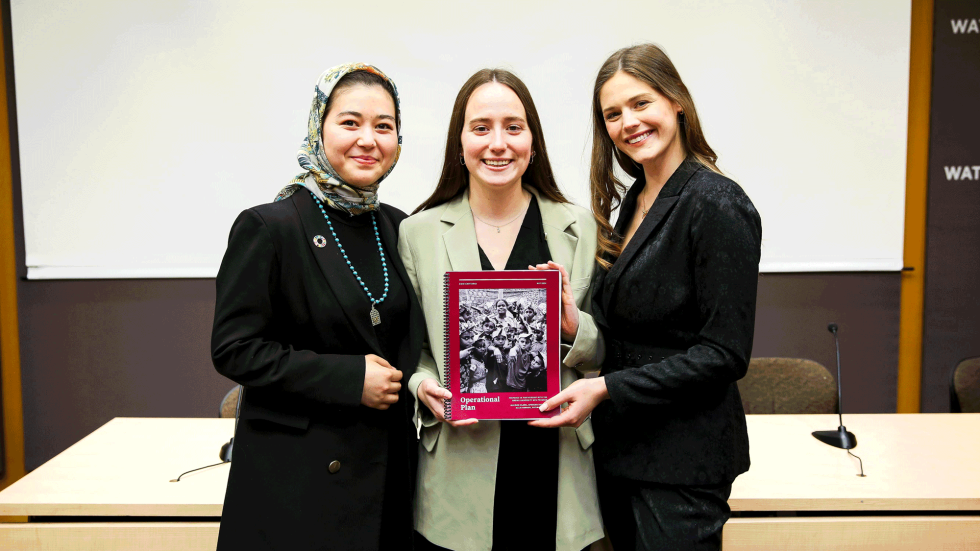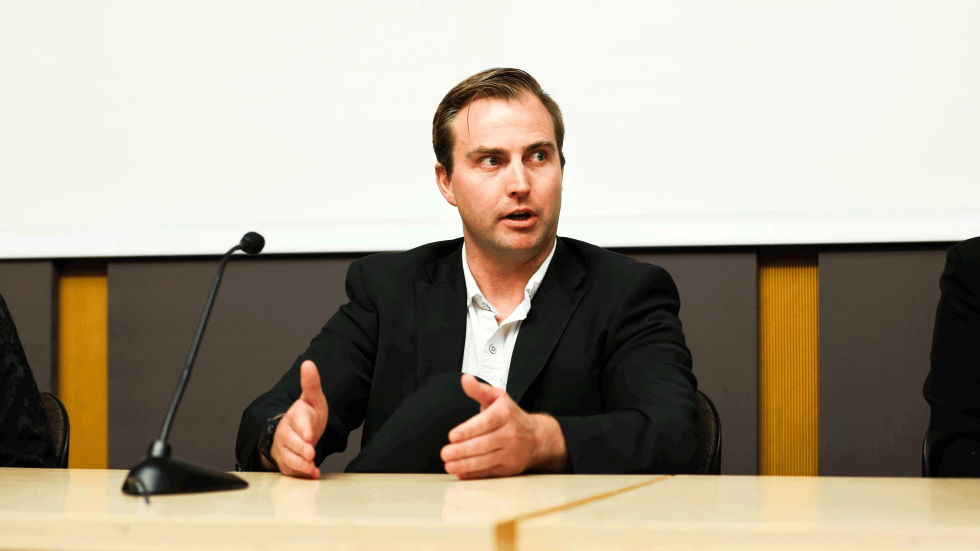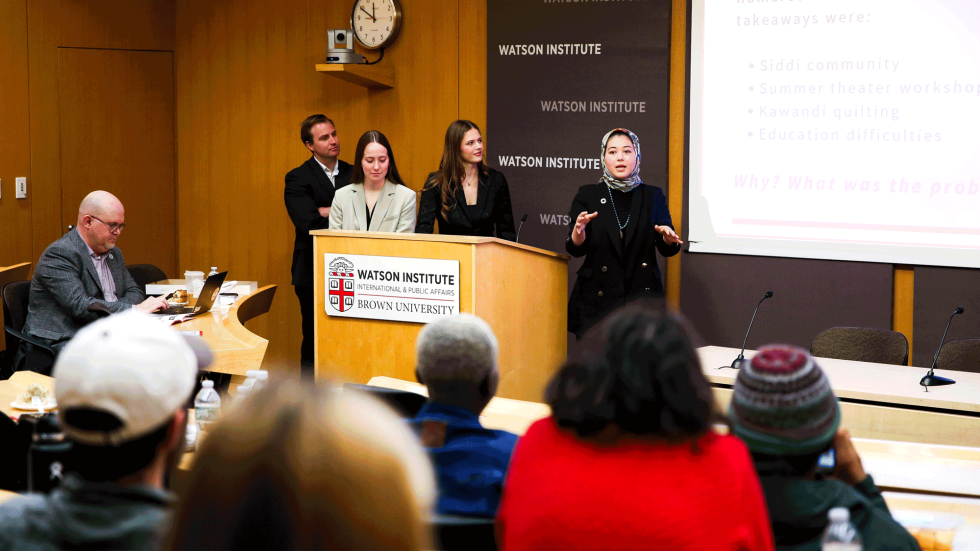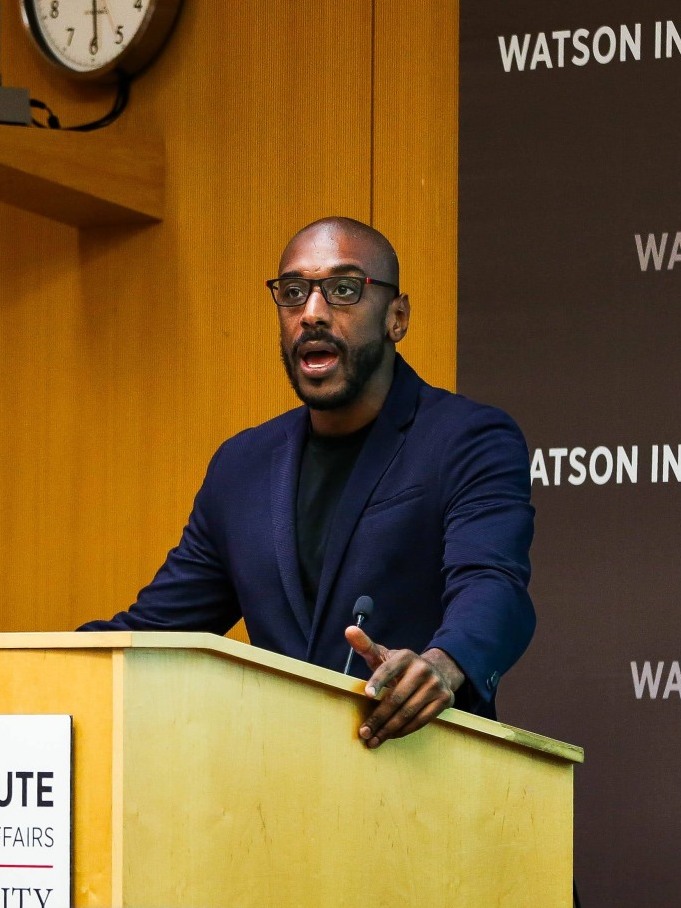The Brown University Master of Public Affairs (MPA) Policy in Action Symposium, this year held on May 8 and 9, is the capstone experience of Brown University MPA students' educational journey. The Policy in Action Project is a core component of the MPA program in which students work in small teams and apply their skills to address policy-related challenges in a professional setting. The program offers MPA students the opportunity to get hands-on experience solving real-world problems working with organizations in the government, nonprofit and private sectors.
A distinctive feature of a Watson Master of Public Policy education, the program's faculty director, David Blanding, called the Policy in Action Project "the single greatest learning tool in the program's toolkit." Blanding said, "The Policy in Action experience is a signature piece of the Watson MPA program and an opportunity for students to channel all the intellectual frameworks, all the methodological techniques, all the leadership competencies, and all the collaborative skills we try to inculcate over the course of the MPA program into meaningful change for a real organization."
This year, graduating MPA students presented on a wide variety of pressing policy issues. Several groups analyzed broad national and international issues, including climate resilience, cybersecurity, the responsible use of AI, threats to American democracy from emerging technologies, support for early-career teachers, and policy issues related to the U.S. Coast Guard's study of the Arctic.



